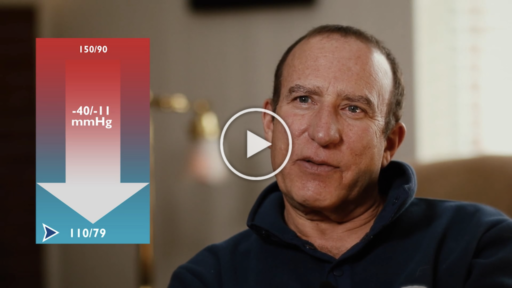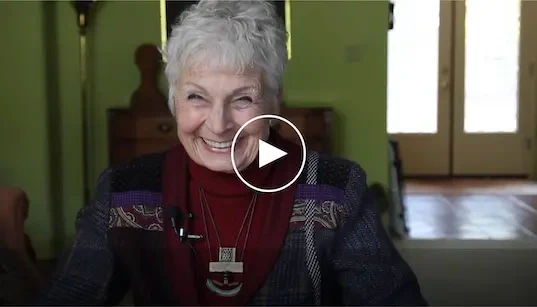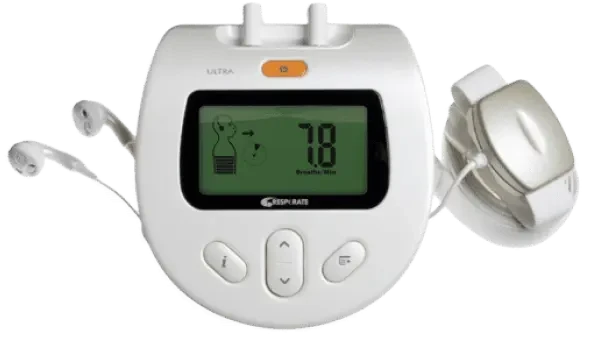Unraveling the Link: How Anxiety Fuels Insomnia
In today’s fast-paced world, a good night’s sleep is more elusive than ever, especially for those grappling with anxiety. The relentless cycle of worry and stress can turn the peaceful act of sleeping into a nightly battle. Many of us find ourselves tossing and turning, our minds racing with unresolved thoughts and fears.
But what exactly is the connection between anxiety and insomnia, and how can we break this vicious cycle? This article delves into the biological and psychological factors linking anxiety to sleeplessness and offers practical tips to help you reclaim your rest.
Understanding anxiety: The sleep thief
Anxiety, often described as the silent sleep thief, operates by keeping the mind in a constant state of alert, making it difficult to achieve the restfulness we so desperately need. At the core of this issue is the body’s fight-or-flight response, a survival mechanism designed to protect us from immediate threats.
When we experience anxiety, our bodies release stress hormones like cortisol and adrenaline, which increase heart rate, heighten alertness, and prepare us for action. While this response is useful in dangerous situations, it becomes problematic when it’s constantly activated by non-life-threatening worries. The result is a state of hyperarousal that makes it nearly impossible to relax and fall asleep.
Biological factors: How anxiety affects your sleep
To fully grasp how anxiety disrupts sleep, it’s crucial to delve into the biological mechanisms at play, mechanisms that can transform a peaceful night into a restless one. At the heart of this issue is cortisol, often referred to as the “stress hormone.” When you experience anxiety, your body releases cortisol as part of its natural stress response.
This hormone is designed to prepare you for action, increasing alertness and energy levels. However, elevated cortisol levels at night can significantly disrupt your sleep patterns. Instead of winding down and preparing for rest, your body remains in a state of high alert, making it difficult to fall asleep and stay asleep.
Lifestyle changes: Simple tips for a calmer night
Before diving into more complex solutions, let’s explore some simple lifestyle changes that can significantly improve your sleep quality without the need for external aids. One of the most effective ways to enhance your sleep is by establishing a consistent bedtime routine.
Activities like reading a book or taking a warm bath can signal to your body that it’s time to wind down. These rituals not only help reduce anxiety but also create a sense of calm and predictability, making it easier to fall asleep and stay asleep.
Limiting your caffeine intake, especially in the hours leading up to bedtime, is another crucial step. Caffeine is a stimulant that can interfere with your body’s natural sleep-wake cycle, making it difficult to fall asleep and stay asleep. Opt for decaffeinated beverages or herbal teas in the evening to avoid this issue.
Additionally, practicing relaxation exercises can be incredibly beneficial. Techniques such as deep breathing or progressive muscle relaxation can help reduce physical tension and calm your mind, making it easier to drift off to sleep. These exercises are simple to incorporate into your nightly routine and can be done in the comfort of your own home.
Mental strategies: Mindfulness and cognitive techniques
Beyond the physical, mental strategies such as mindfulness and cognitive techniques can provide powerful tools to calm the mind and ease you into a restful state. Mindfulness meditation, for instance, is a practice that involves focusing your attention on the present moment without judgment.
Watch how Julie Lowered her Blood Pressure Naturally.
It was 170/110, this morning it was 120/80
Learn MoreBy concentrating on your breath, bodily sensations, or a specific object, you can reduce the racing thoughts that often accompany anxiety. This practice helps to anchor your mind, preventing it from wandering into stressful scenarios or past events. Regular mindfulness meditation has been shown to lower levels of the stress hormone cortisol, promoting a sense of calm that is conducive to sleep.
Cognitive restructuring is another effective technique that can significantly improve your sleep quality. This method involves identifying and challenging the negative thoughts that often disrupt your ability to fall asleep. For example, if you find yourself thinking, “I’m never going to get to sleep,” you can reframe this thought to something more positive and realistic, such as, “I am taking steps to help myself relax and will eventually fall asleep.” By recognizing and altering these thought patterns, you can reduce the anxiety that keeps you awake and create a more peaceful mental state.
Sleep environment: Creating a relaxing bedtime atmosphere
Creating a sleep environment that promotes relaxation is the final piece of the puzzle, one that can turn your bedroom into a sanctuary of peace and tranquility. The first step in this transformation is to consider the lighting.
Dimming the lights in your bedroom can significantly reduce stress levels, as it mimics the natural sunset and signals to your body that it’s time to wind down. Soft, ambient lighting can help create a calming atmosphere, making it easier for your mind to let go of the day’s worries. Consider using adjustable lamps or smart bulbs that allow you to gradually lower the brightness as bedtime approaches.
Lastly, it’s essential to eliminate electronic devices from your bedroom. The blue light emitted by smartphones, tablets, and computers can disrupt your body’s natural sleep-wake cycle, making it harder to fall asleep and stay asleep. The constant notifications and mental stimulation from these devices can also keep your mind active, making it difficult to relax.
Instead, consider reading a book, practicing gentle stretching, or engaging in a quiet, calming activity before bed. By creating a device-free zone in your bedroom, you can help your mind transition more smoothly into a state of relaxation and prepare for a peaceful night’s sleep.
With these changes, your bedroom can become a haven of calm, a place where you can escape the stresses of the day and find the rest you need to face tomorrow with renewed energy and clarity.
 Eli Ben-Yehuda
Eli Ben-Yehuda 











Comments